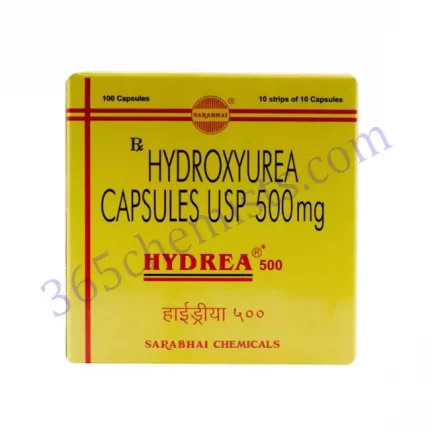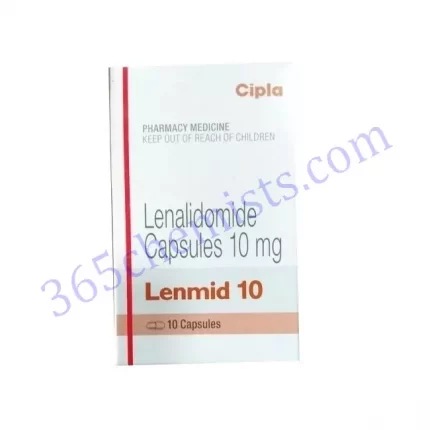Introduction
Imatinib, the active component of Imat 100mg Tablet, is a member of the group of drugs known as tyrosine kinase inhibitors. It is mainly used to treat certain cancers, such as leukaemia and chronic myeloid leukaemia (CML), as well as gastrointestinal stromal tumours (GISTs).
Mechanism of Action
Tyrosine kinases are specialised proteins that are inhibited by imatinib and are essential for the growth and division of cancer cells. Imat aids in slowing the growth of cancer cells and the spread of the disease by blocking these proteins.
Indications
Imat is frequently used to treat Chronic Myeloid Leukaemia (CML), a cancer that affects the white blood cells. It helps patients live better lives by reducing the overgrowth of abnormal cells.
Imat is also effective in treating gastrointestinal stromal tumours (GISTs), which are uncommon tumours that grow in the gastrointestinal tract. It aids in the tumours’ reduction and stops them from affecting other organs.
Imat may also be prescribed for other cancers, including acute lymphoblastic leukaemia (ALL), dermatofibrosarcoma protuberans (DFSP), and myelodysplastic/myeloproliferative diseases (MDS/MPD), in addition to CML and GISTs.
Related Product
Imat 100mg Tablet
Imat 400mg Tablet
Imatirel 400mg Tablet
Dosage and Administration
Dosage: Based on the particular type of cancer being treated, the patient’s general health, and other individual factors, the healthcare provider determines the dosage of Imat. It is crucial to adhere to the recommended dosage and schedule without changing or skipping any doses.
Administration: Imat tablets should typically be swallowed whole with a glass of water. They can be taken with or without food, but it’s crucial to take the medication consistently. The tablets should not be chewed or crushed; they should be swallowed whole.
Precautions and Side Effects
Precautions: It’s important to let your doctor know about any existing illnesses, allergies, or medications you’re taking before beginning Imat treatment. Patients who have heart disease, liver or kidney issues, or who have a history of bleeding disorders need to use extra caution.
Imat’s typical side effects include nauseousness, vomiting, diarrhoea, cramping of the muscles, edoema, skin rash, fatigue, and headache. Any severe or persistent side effects must be disclosed to your healthcare provider. Imat can occasionally have serious side effects like severe liver damage or heart failure. Any unusual symptoms should be reported right away to the hospital.
Contraindications and Drug Interactions
Imat is contraindicated in patients who have a history of Imatinib or any other medication-related hypersensitivity. It should also be avoided by those who are expecting because it could harm the foetus.
Imat may interact with a number of drugs, including some antibiotics, antacids, anticoagulants, and other cancer treatments. To prevent potential drug interactions, it is crucial to let your healthcare provider know about all of the medications you are taking.
Storage and Handling
100mg Imat Tablets should be kept at room temperature and out of direct sunlight and moisture. Keep the medication out of the reach of children, and dispose of any unused or expired tablets according to the correct procedures.
Conclusion
Imat 100mg Tablet, which contains imatinib, is a significant drug used to treat some cancers, including CML and GISTs. It aids in the management of the condition and enhances patient outcomes by inhibiting particular proteins involved in the growth of cancer cells. To be safe, precautions should be taken, such as close monitoring of side effects, following dosage guidelines, and avoiding using while pregnant. It is essential to follow a doctor’s instructions and to voice any concerns or negative side effects while receiving treatment. Imat provides cancer patients with hope and is crucial to their therapeutic process.Imat 100mg Tablet, which contains imatinib, is an effective drug used to treat some cancers, including CML and GISTs. It aids in the management of the condition and enhances patient outcomes by inhibiting particular proteins involved in the growth of cancer cells. To be safe, precautions should be taken, such as close monitoring of side effects, following dosage guidelines, and avoiding using while pregnant. To ensure the medication’s efficacy, storage and handling instructions should also be followed.












